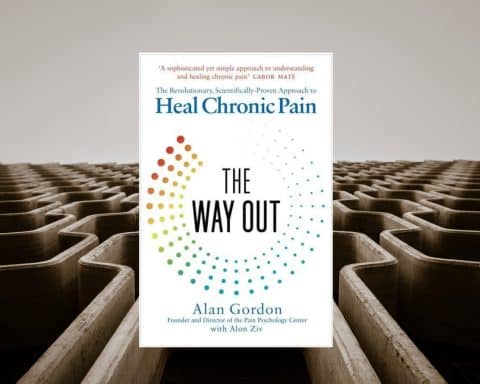Aaron Shaughnessy (@Shaughnessy_Aa) and Elizabeth Wasson (@_lizzywasson) are two fourth-year medical students at the University of Bristol currently volunteering within a local Primary Care Network during the COVID19 Pandemic.
As the UK COVID-19 lockdown came into force, medical students across the UK were sent home from their respective universities and teaching hospitals. However, many refused to put down their stethoscopes and donned their scrubs in the hope of ‘doing their bit’ for the NHS. Thus far, the emphasis of medical student volunteering has been within secondary care. For many, the hypothetical allure of battling blood, guts and PPE is a driver in this decision but for the majority, the difficulty of being accepted into a job in primary care and mass recruitment by hospitals makes secondary care a more feasible option. Students, mainly in healthcare assistant roles in hospitals are finding they are not utilising their knowledge and skills to their full potential.
We are two fourth-year students currently working in a rural primary care network and initially began in supportive roles within the reception team. However, as the practice’s needs have changed, we have been able to help with a variety of tasks such as rapid online triaging of patient requests and helping to coordinate the vulnerability letter response, using our knowledge as medical students to collate patient records and, with GP sign off, assess vulnerability. We have gained a great deal over the past few weeks and are proud that our work has been of benefit to the surgery in this difficult time. Therefore, we argue that incorporating medical students into general practice can be of great benefit to both parties.
Benefits for Practices
Medical students can be useful in far more than just clinical work.
The RCGP has set out guidance for practices° who wish to incorporate students into their team, suggesting many roles depending on their level of competency. If students were to undertake clinical work they are covered with Crown indemnity. However, medical students can be useful in far more than just clinical work. Crucially, their adaptability means that their role within the practice can change with the day-to-day challenges presented in the current climate, meeting the practice’s needs and relieving pressure on GPs to better utilise their time spent with patients. We have found that this dynamic role is stimulating for us whilst suiting the practice’s needs.
Benefits for Students
Health Education England’s By Choice Not By Chance report° released recommendations to improve student experience in primary care. This included understanding the complex interplay between primary, secondary and social care to better appreciate the wider patient experience. Students working as a member of the team rather than in a student role can gain a wider understanding of general practice within the health system.
Medical education also lacks training in management and HEE acknowledged the importance of this in primary care.° This pandemic raises daily issues for individual teams within the practice making large-scale communication vital. This is often facilitated by a GP leader, whose approachability and ability to direct and enact change are qualities that any medical student should aspire to learn from.
In the Destination GP report° 71% of students report that their GP tutors make them want to work in general practice, but primary care placements are generally far too short to understand its complexities. Initially, we hoped that this role would improve our medical knowledge during the discussion of interesting cases or testing ourselves on prescriptions as we chased which pharmacy they were in, but our learning has been much broader. From calling an ambulance for a critically ill patient to ethical battles surrounding lost controlled drug prescription, to supporting families through the many COVID deaths, we have learnt far more about the challenges of general practice than any of our peers can learn from a textbook.
Call to action
Bringing medical students in as multi-talented, adaptable members of the team can provide them experiences far beyond their university education in a truly mutually beneficial way. We would, therefore, like to strongly encourage both parties to reach out to one another during this difficult time, in the same team spirit that has been seen so universally in this pandemic.
Featured photo by Fernando Venzano on Unsplash






